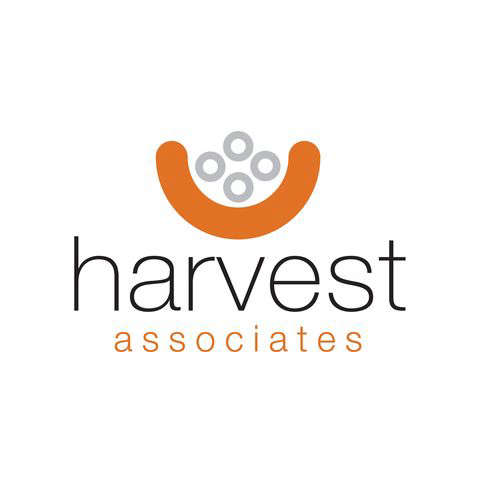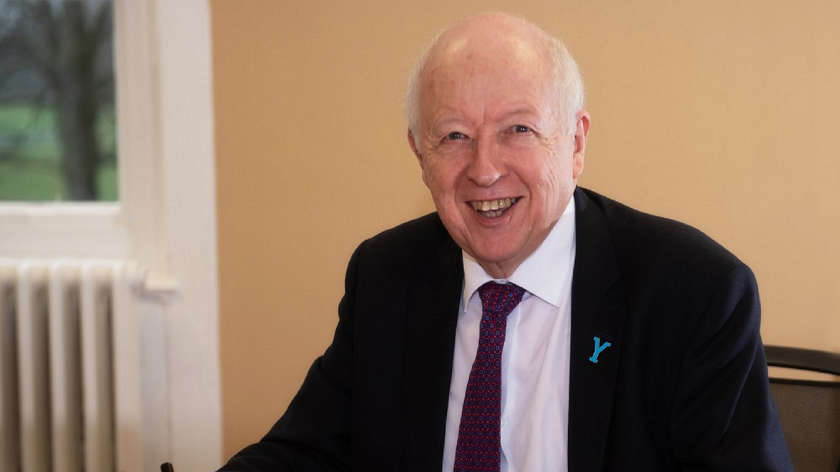
North Yorkshire Council has proposed a council tax increase by the maximum 4.99% allowed by the government.
The council’s proposed budget for 2025/26 would see a rise of council tax of 2.99% and a further 2% precept for adult social care.
It comes after the council warned taxpayers that it believes North Yorkshire has been handed “one of the worst funding settlements in the country” by the government following this year's Budget.
The council said it is facing a £5 million deficit.
The proposed council tax rise from 1st April would see an increase of £92.18 per year for an average Band D property, to a total bill of £1,939.54.
North Yorkshire Council leader, Cllr Carl Les, said:
“All councils across the country are facing immense financial pressures but the funding settlement which we have been handed by the government will mean that we are faced with an even tougher situation than we had expected.
“We are acutely aware that all of our communities are feeling the impact of the cost of living, and we certainly do not want to compound those pressures.
“However, we are now faced with a council tax rise of 4.99% to help to counter the multi-million pound shortfall which we are facing in the council’s budget for the next financial year. If we don’t push ahead with the 4.99% increase, the financial deficit will be even worse.
“The government has pledged to conduct a review of local government funding, and I would urge ministers to ensure that there is a fair deal for all local authorities, whether they are responsible for large rural areas such as ourselves or towns and cities.”
North Yorkshire Council receives the greatest share nationally of the rural services delivery grant with £14.3 million in funding each year.
The £110 million package of funding for councils covering rural parts of England was a recognition from Westminster of the challenges of providing services.
The council has said that the £5 million financial shortfall has been compounded by the “unrelenting demand” for care of older people, working age adults, and children and young people.
It said it spends more than £50 million each year on home to school transport and the policy has had to be revised after costs have "more than doubled" since 2018/19 when it was last reviewed.
Chancellor Rachel Reeves announced in the Budget in October last year that the rate that employers pay in National Insurance contributions will rise from 13.8% to 15% on workers’ earnings from April next year.
The decision has left North Yorkshire facing a predicted £7 million shortfall, even with an estimated £5 million grant from the government to cover the rising cost of National Insurance contributions.
North Yorkshire Council’s deputy leader, Cllr Gareth Dadd, whose responsibilities include the authority’s finances, said:
“We will carefully consider the budget proposals when the executive meets as we want to ensure that we are offering the very best value we can for our residents and businesses.
“However, we are faced with some very tough choices to try to balance our books.
“We are due to have to use our financial reserves to cover the deficit which means that once that money is spent, we cannot recoup it.”
The executive will consider the financial plan for the next financial year before the proposed budget will then be discussed at a full council meeting next month (February) before it due to be adopted.
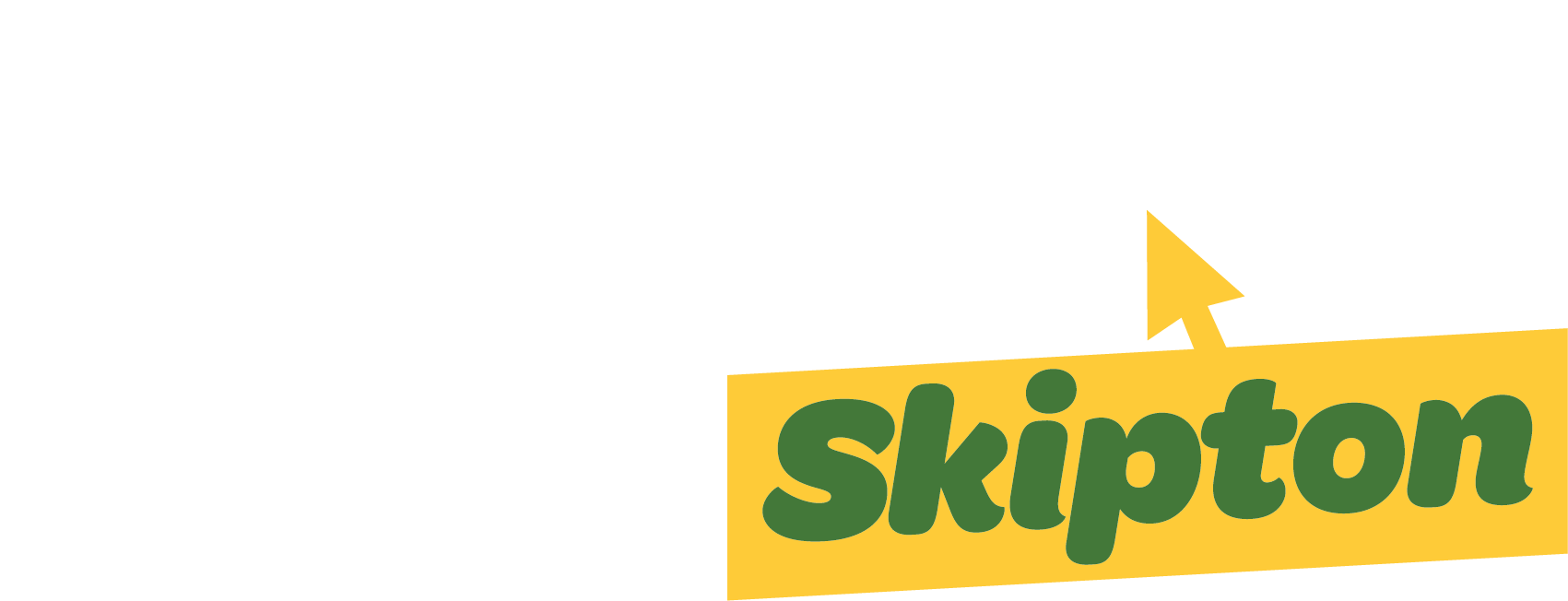


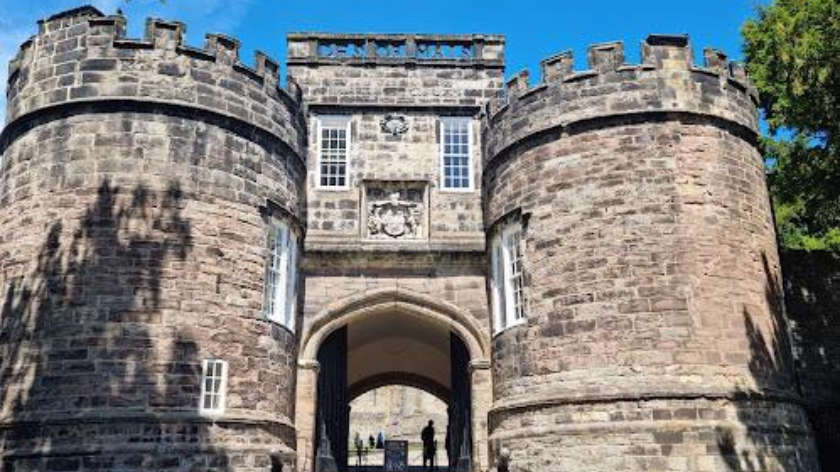 Skipton Andy's Man Club to host 'Walk and Talk'
Skipton Andy's Man Club to host 'Walk and Talk'
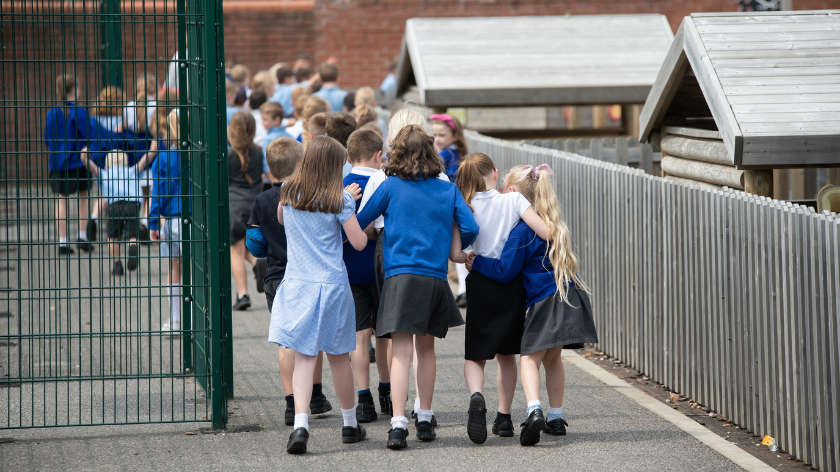 High majority of families secure first choice primary school
High majority of families secure first choice primary school
 Skipton to host first ever colour run this summer
Skipton to host first ever colour run this summer
 Local choir collects over 600 Easter eggs for good causes
Local choir collects over 600 Easter eggs for good causes
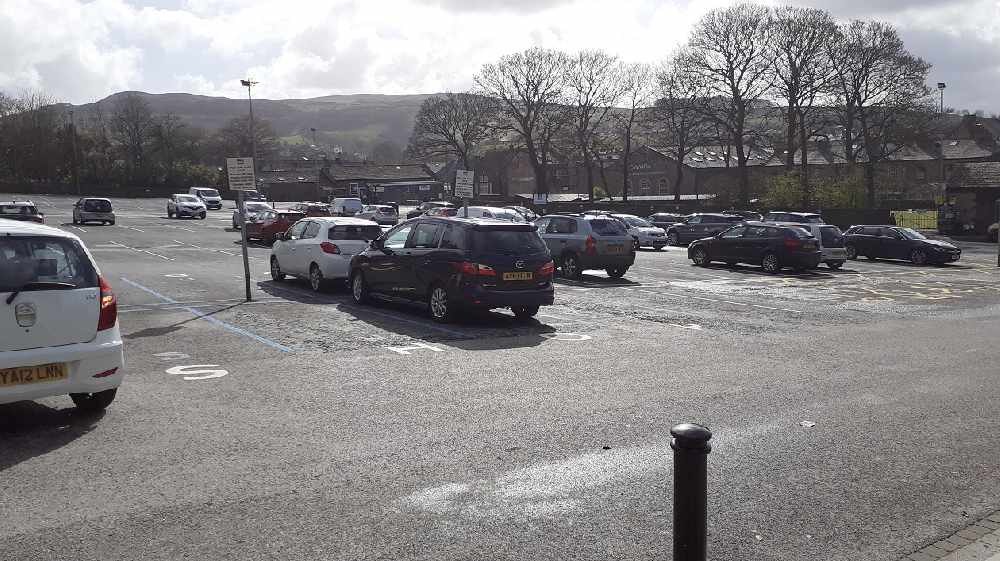 Council chiefs agree record £2.5m investment in car parks
Council chiefs agree record £2.5m investment in car parks
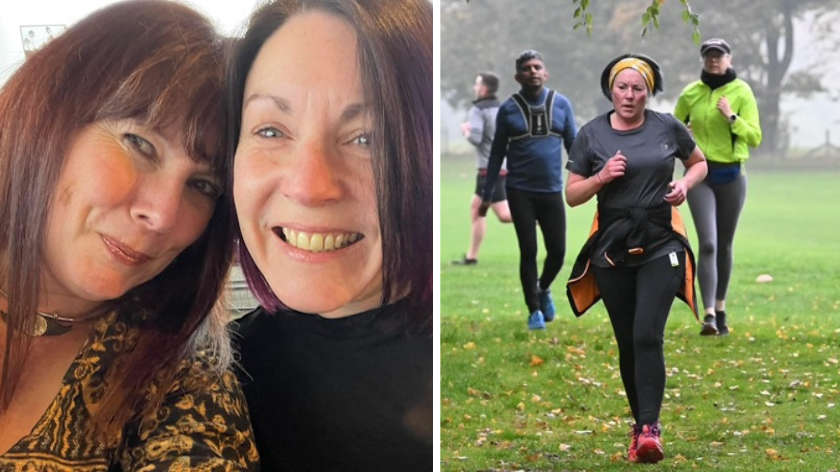 Woman to take on London Marathon for late sister from Skipton
Woman to take on London Marathon for late sister from Skipton
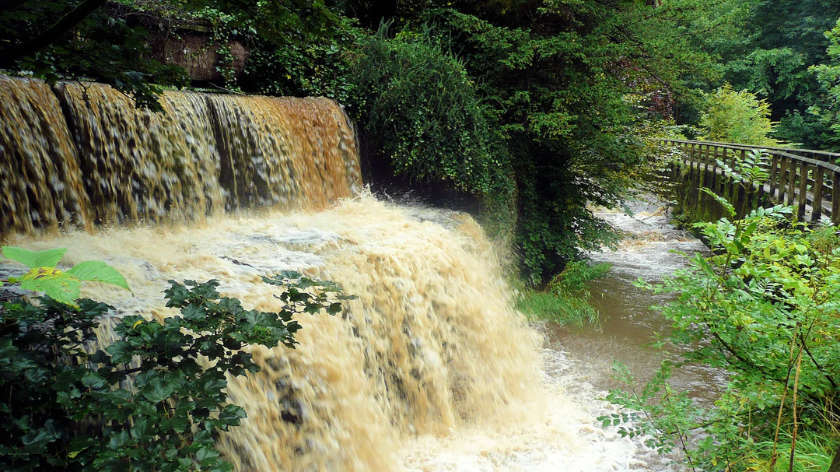 Guardian names Skipton Castle Woods one of the best UK woodlands
Guardian names Skipton Castle Woods one of the best UK woodlands
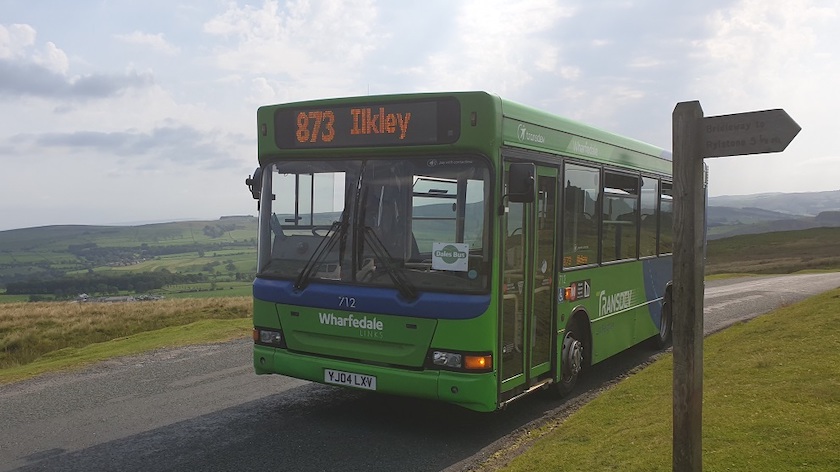 Changes to Easter bus services
Changes to Easter bus services
 Youtube star visits Skipton fish and chip shop
Youtube star visits Skipton fish and chip shop
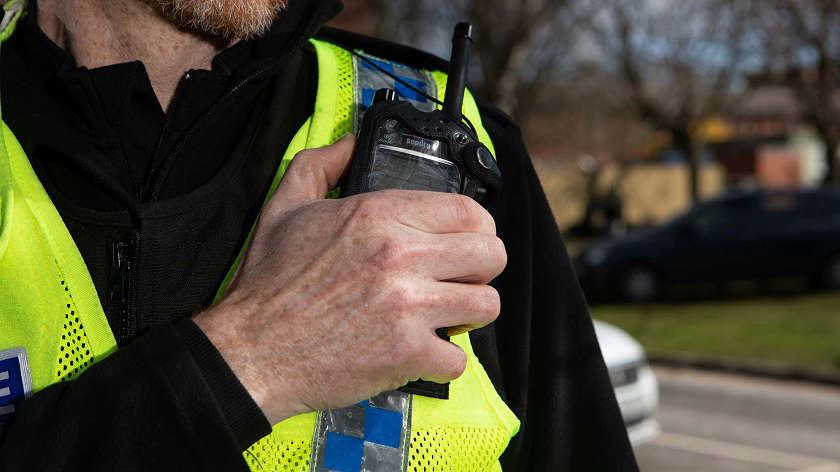 Police appeal following a series of burglaries in Skipton
Police appeal following a series of burglaries in Skipton
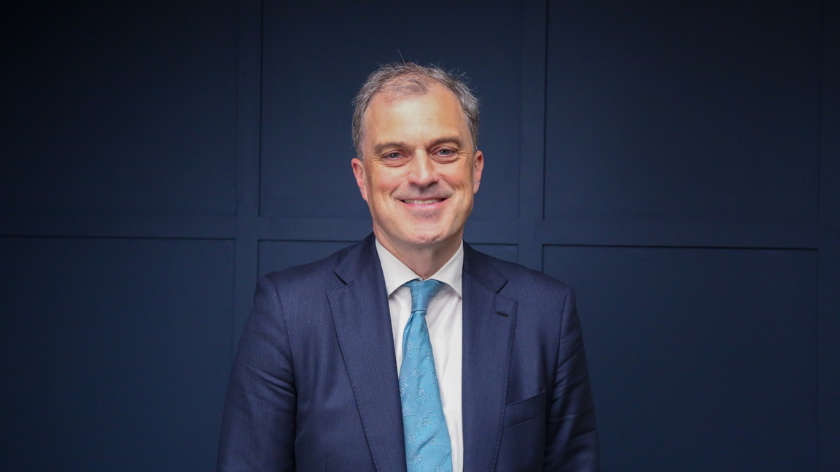 Local MP shows support for World Parkinson's Day
Local MP shows support for World Parkinson's Day
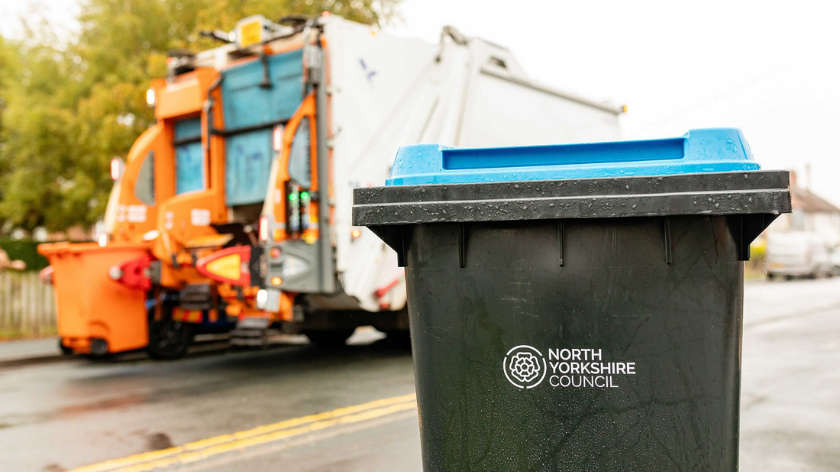 Skipton refuse workers to move to four-day week
Skipton refuse workers to move to four-day week
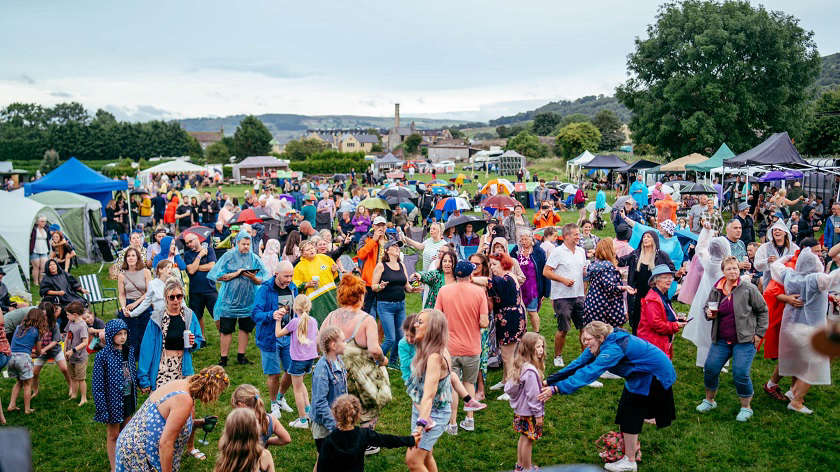 Village music festival chooses local hospital charity to support for second year
Village music festival chooses local hospital charity to support for second year
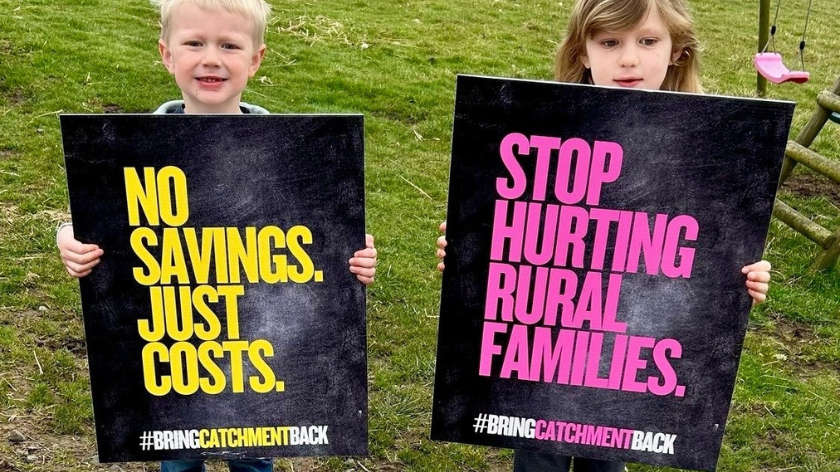 Campaigners to protest at key meeting on home-to-school protest
Campaigners to protest at key meeting on home-to-school protest
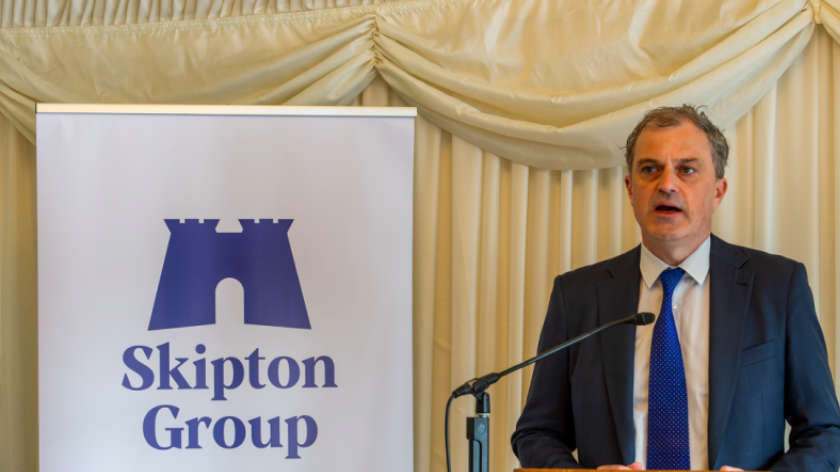 Local MP shares speech on home affordability in Skipton and Ripon
Local MP shares speech on home affordability in Skipton and Ripon
 Airedale Neonatal Sister recognised at national awards
Airedale Neonatal Sister recognised at national awards
 Skipton Cycling Club will include new sessions with qualified British cyclist
Skipton Cycling Club will include new sessions with qualified British cyclist
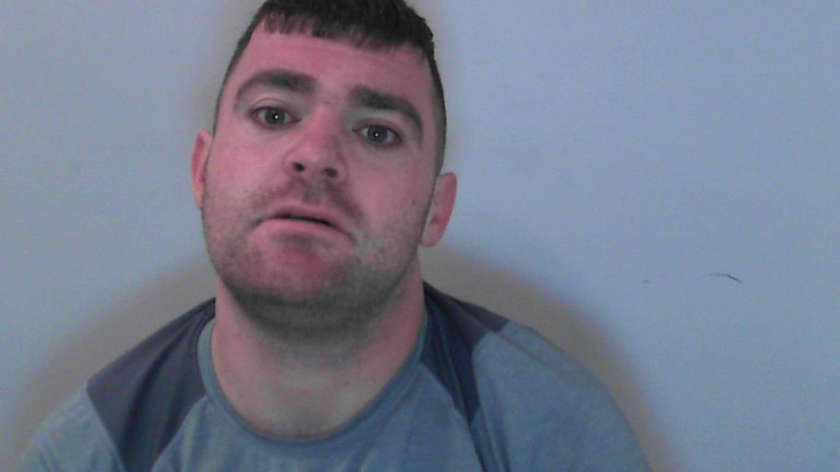 Police look for wanted man with connections to Skipton
Police look for wanted man with connections to Skipton
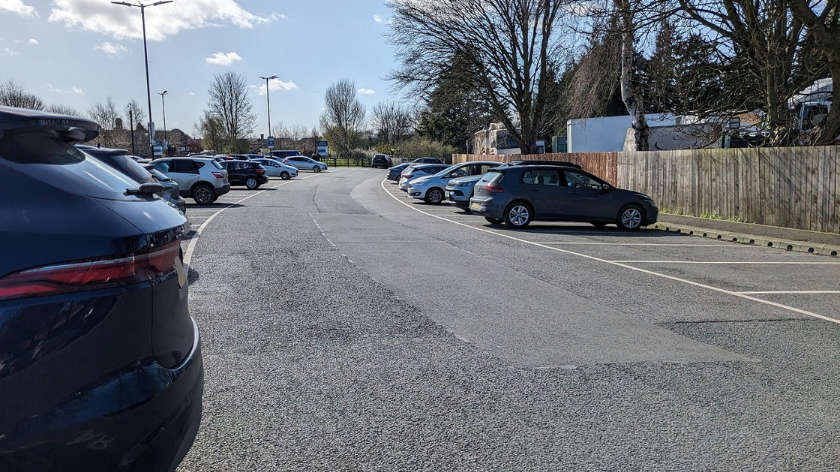 £2.5million investment to make parking 'easier than ever'
£2.5million investment to make parking 'easier than ever'
 Police help fraud victims recover over £1million
Police help fraud victims recover over £1million

